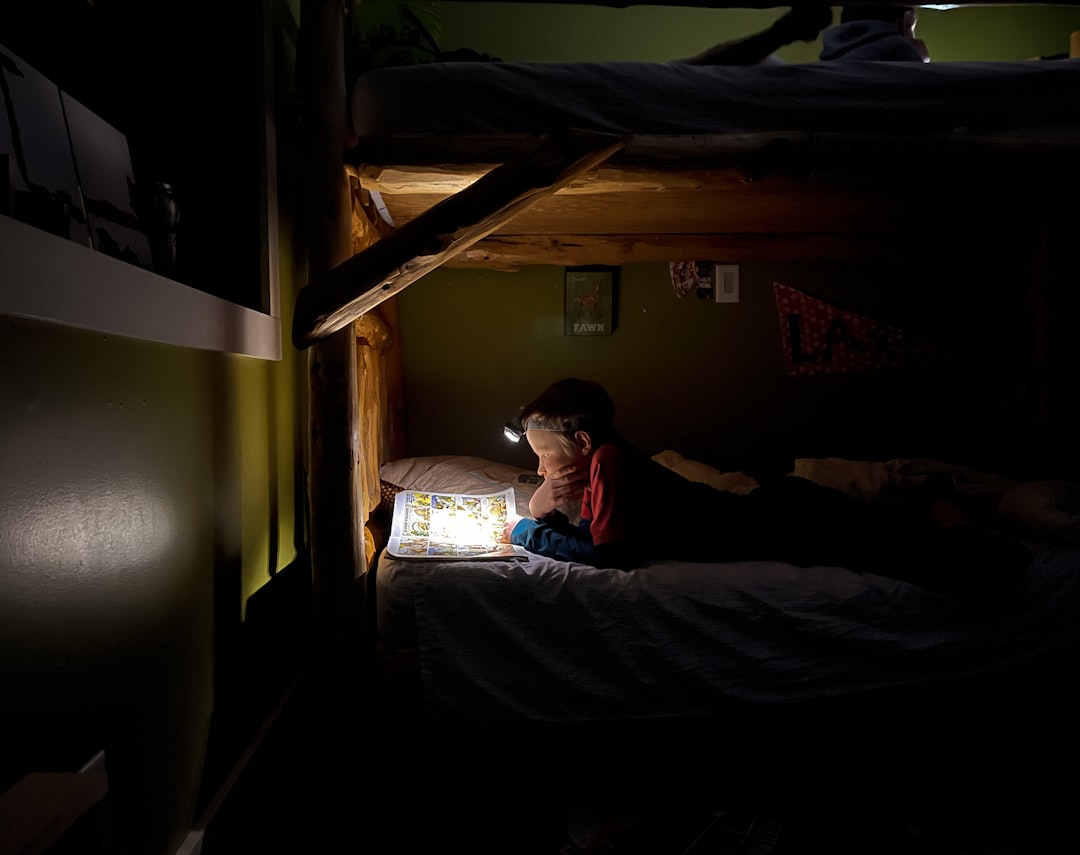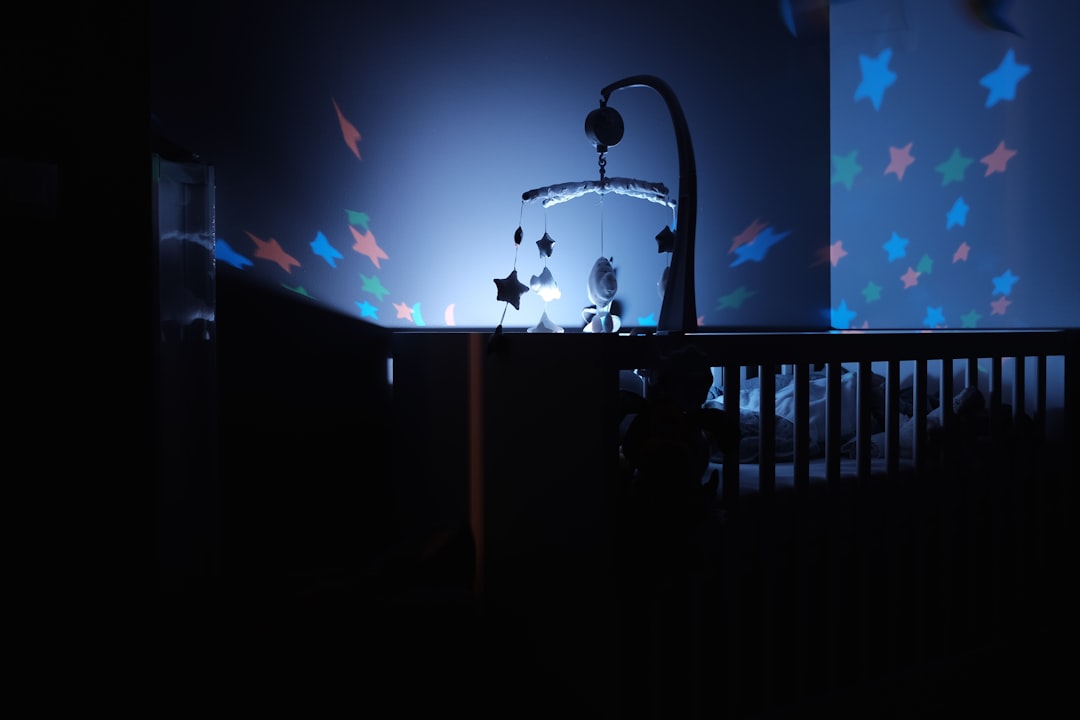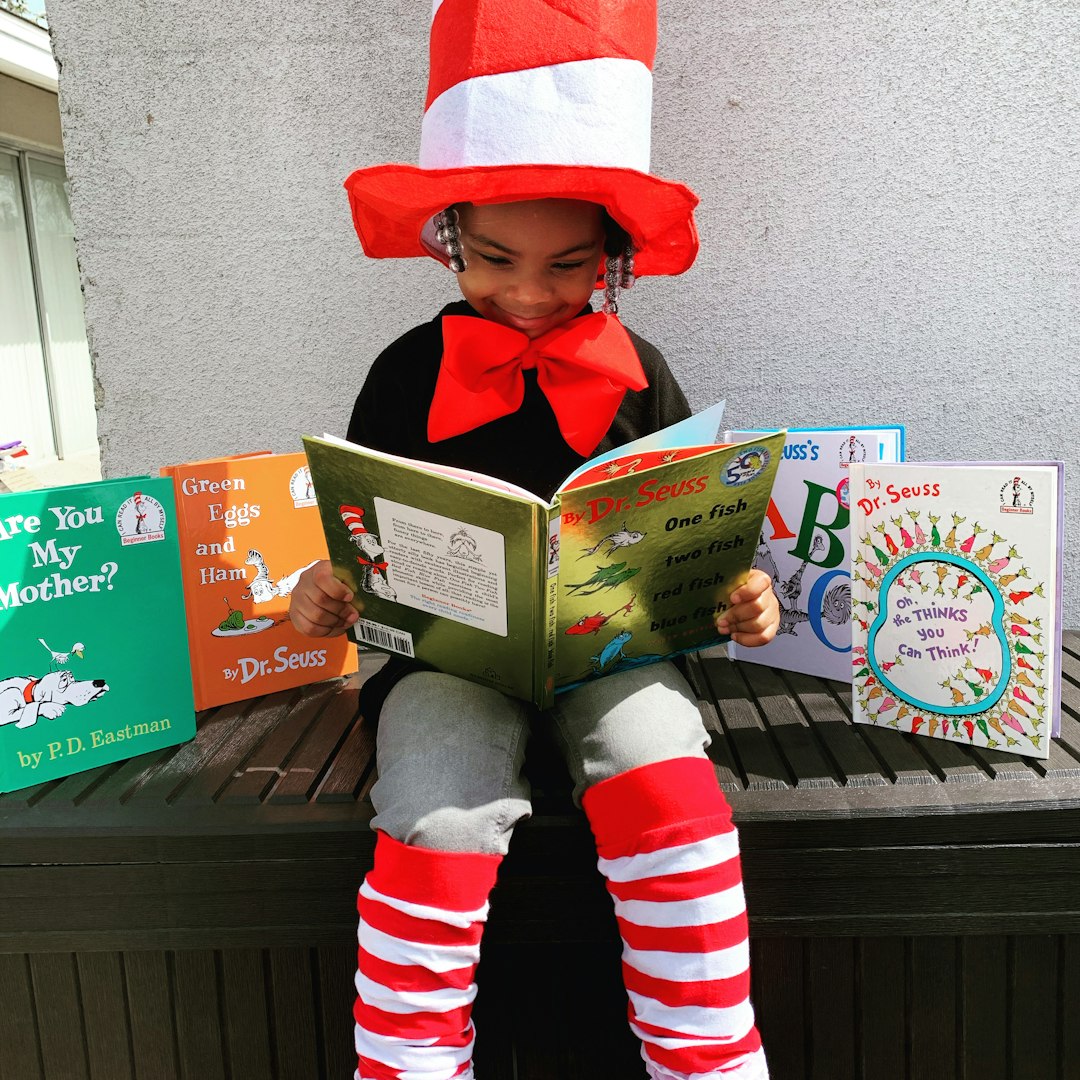
What are the best books for bedtime for a preschooler?
Introduction
Bedtime stories are an essential part of a preschooler's routine, providing comfort, entertainment, and a chance to bond with parents or caregivers. Choosing the right books for bedtime can make this experience even more enjoyable and beneficial for your little one. In this blog, we explore some of the best books that are perfect for preschoolers at bedtime.
1. Classic Fairy Tales
Classic fairy tales like "Cinderella," "Snow White," and "Sleeping Beauty" have stood the test of time for a reason. These enchanting stories capture the imagination of young children and transport them to magical worlds. Reading these tales before bed can inspire dreams and spark creativity.

2. Calming Bedtime Stories
When it comes to bedtime, it's important to choose books that help your preschooler wind down and relax. Look for stories with soothing themes, gentle illustrations, and a peaceful tone. These books can create a peaceful atmosphere and prepare your child for a restful night's sleep.

3. Books with Repetitive Text
Preschoolers love repetition, as it helps them learn and feel a sense of familiarity. Books with repetitive text, such as "Brown Bear, Brown Bear, What Do You See?" by Bill Martin Jr. and Eric Carle, are perfect for bedtime. The predictable patterns in these books can be comforting and engaging for young children.
4. Interactive Bedtime Books
Interactive books that encourage participation are a great choice for preschoolers at bedtime. These books often have flaps to lift, touch-and-feel elements, or buttons to press. The interactive nature of these books keeps children engaged and makes reading time even more fun.
5. Bedtime Story Collections
Bedtime story collections are a fantastic way to introduce your preschooler to a variety of stories and characters. These compilations often feature multiple short stories, allowing you to choose a different tale each night. They offer a great way to keep your child's interest while exploring different themes and styles.
6. Books about Bedtime Routine
Books that focus on the bedtime routine can be particularly helpful in establishing a consistent sleep schedule. These books often depict familiar activities like brushing teeth, putting on pajamas, and saying goodnight. They can serve as a gentle reminder of the steps involved in getting ready for bed.
And the best way to provide routine for your preschooler? Easy Daysies visual schedules!
7. Stories with Positive Messages
Choosing books that convey positive messages is essential for preschoolers at bedtime. Look for stories that teach kindness, empathy, and resilience. These books can help shape your child's values and encourage positive behavior, making bedtime a meaningful and enriching experience.

8. Books with Lullabies or Rhymes
Books that incorporate lullabies or rhymes are perfect for soothing your preschooler to sleep. The rhythmic patterns and melodic tones can have a calming effect, creating a peaceful atmosphere for bedtime. These books often include familiar songs that your child may enjoy singing along to.

Conclusion
Choosing the right books for bedtime can make a world of difference in your preschooler's nighttime routine. Classic fairy tales, calming stories, repetitive texts, interactive books, bedtime story collections, books about the bedtime routine, stories with positive messages, and books with lullabies or rhymes are all excellent choices. Remember to select books that align with your child's interests and preferences, creating a magical and memorable bedtime experience for both of you.
Warmly,


:format(jpeg)/arc-anglerfish-tgam-prod-tgam.s3.amazonaws.com/public/WQXQ2KLWJFGVRHY2TITYDWHAW4.JPG)












